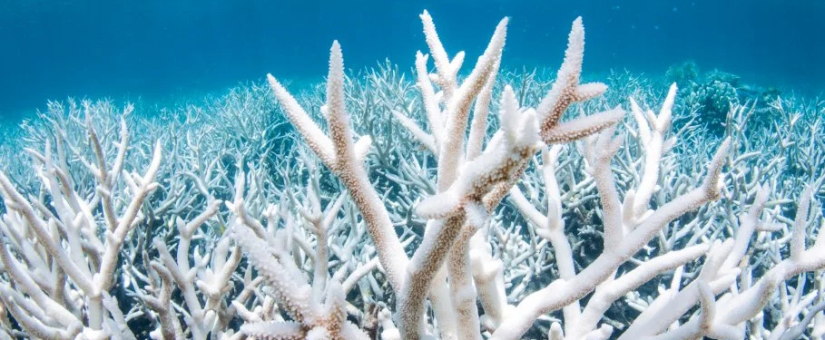
Marine conservation investment needs informed guidance: where do we begin?
- Posted by Ellen Ditria
- On April 30, 2020
By Dr Viv Tulloch
Read Time: 508 words about 3 mins.
Marine ecosystems are increasingly threatened by climate change, human activities in the oceans and on the land, yet significant gaps still exist in managing the impacts of these pressures around the world.
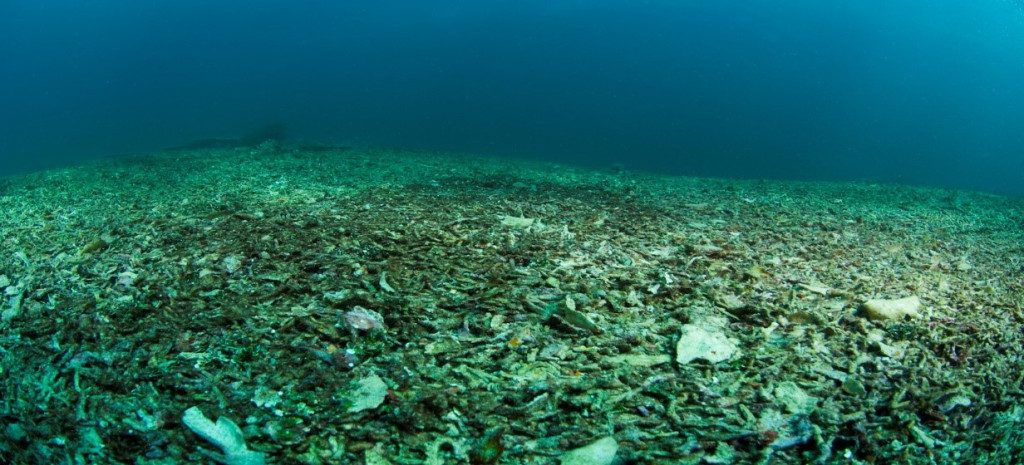
Efficient conservation investment requires linking dominant pressures to management actions that best address the particular drivers of impacts.
In recent research, we rebuilt global cumulative impact maps by stressor (climate change, marine and land), to identify regions and ecosystems where existing marine management may be insufficient in the face of global climate change or land-based human activities. We found average cumulative impacts from non-marine stressors (climate and land) are double those of marine impacts at a national level.
“We found average cumulative impacts from non-marine stressors (climate and land) are double those of marine impacts at a national level.”
Pacific Island countries showed the greatest impacts for climate stressors, middle-eastern nations surrounding the Caspian Sea and Russia for land-band stressors, and Europe, Caribbean, and African countries for marine activity impacts. Across stressors, coastal ecosystems are the worst affected, with total impacts twice those of offshore ecosystems.
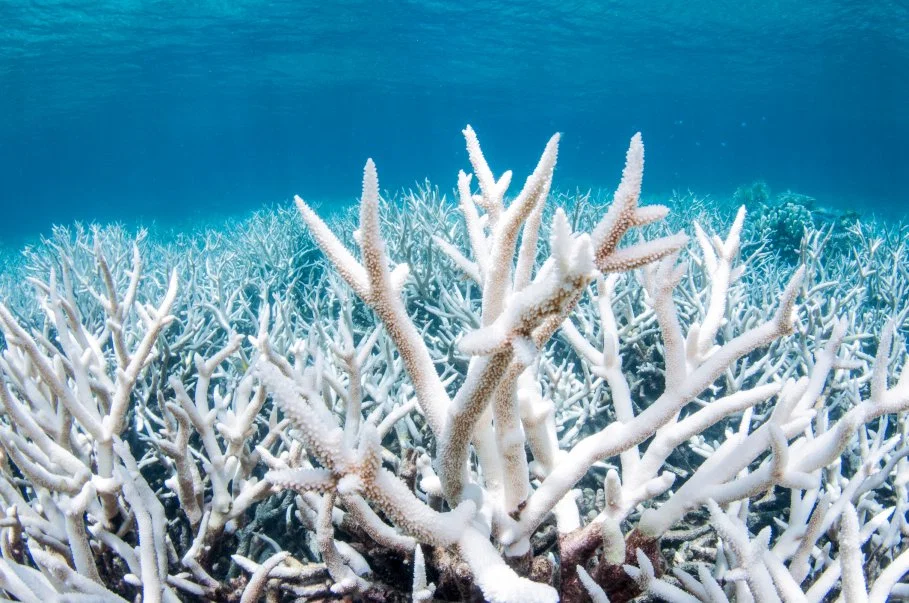
We also looked at the effectiveness of current management strategies for marine, land and climate stressors, for countries with the highest levels of cumulative impacts. Existing conservation measures in Pacific Island countries including Marshall Islands, Nauru, Tuvalu and Tonga are likely insufficient to address intense impacts from climate change, as there are few existing climate hazard reduction or ecosystem-based adaptation projects in place.
Some of the worst impacted regions by marine impacts currently have no or very low coverage of strict marine protected areas within their national waters. Some of these are developed countries (Denmark, Singapore), which are much better resourced to establish and enforce spatial marine conservation and restrict human activities such as overfishing, but may be restricted by political or regulatory power.
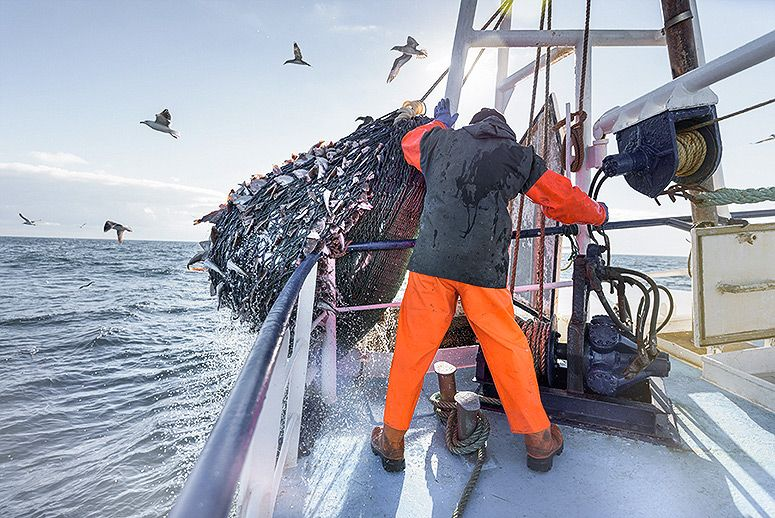
Although our findings suggest a high need for management of land-based stressors in the middle-east, many of these countries (e.g., Azerbaijan, Iraq, Iran, Palestine) have relatively poor regulatory quality, ineffective governance, and are facing high conflict. Because of this, conservation actions may have a low chance of success.
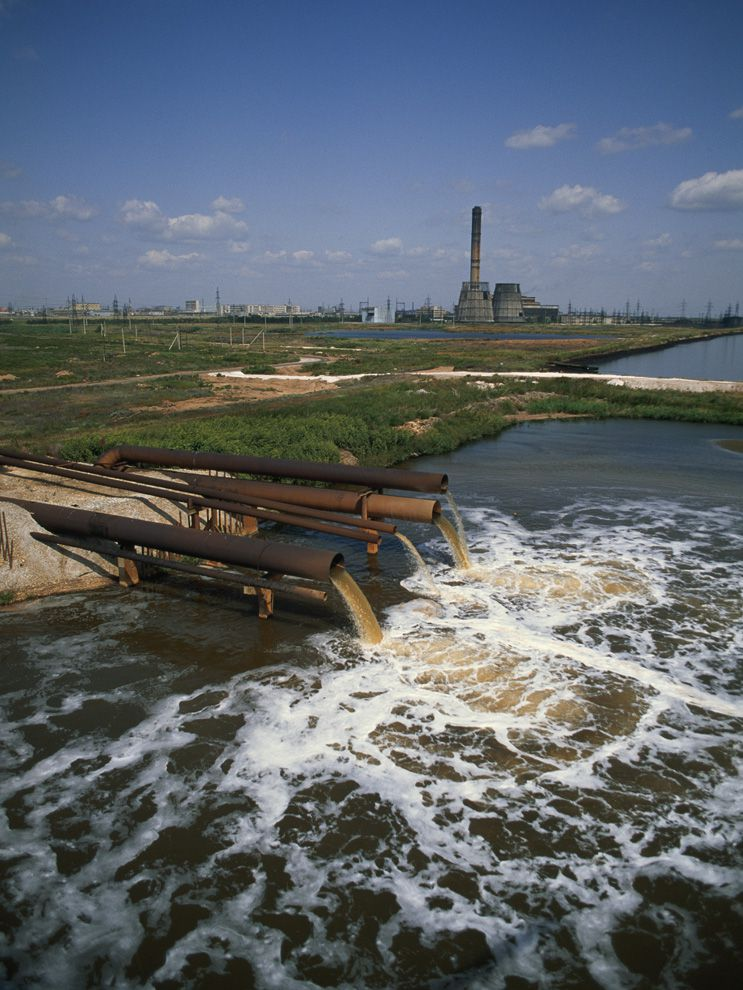
Industrial runoff from a factory in Russia. Photo: National Geographic Society.
Our research, published in the scientific journal, Biological Conservation, offers strategic guidance to help agencies seeking to invest in conservation both globally, and at national scales, to identify where targeted marine, land, or climate management will result in the greatest reduction in threats to biodiversity.
We demonstrate the urgent need for countries to undertake assessments of both local and displaced human stressors within national waters when planning for spatial marine management, or biodiversity objectives may be compromised. These efforts must be combined with better land management practices and enhanced efforts to reduce global carbon emissions, to ensure that nature conservation goals can be more fully achieved in the long term.
You can follow Dr Viv Tulloch on Twitter: @vivtulloch


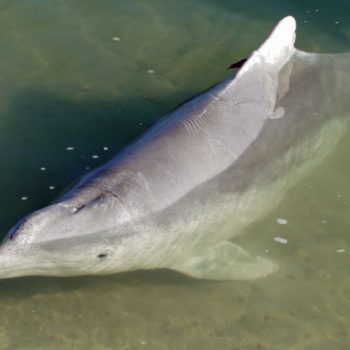

0 Comments